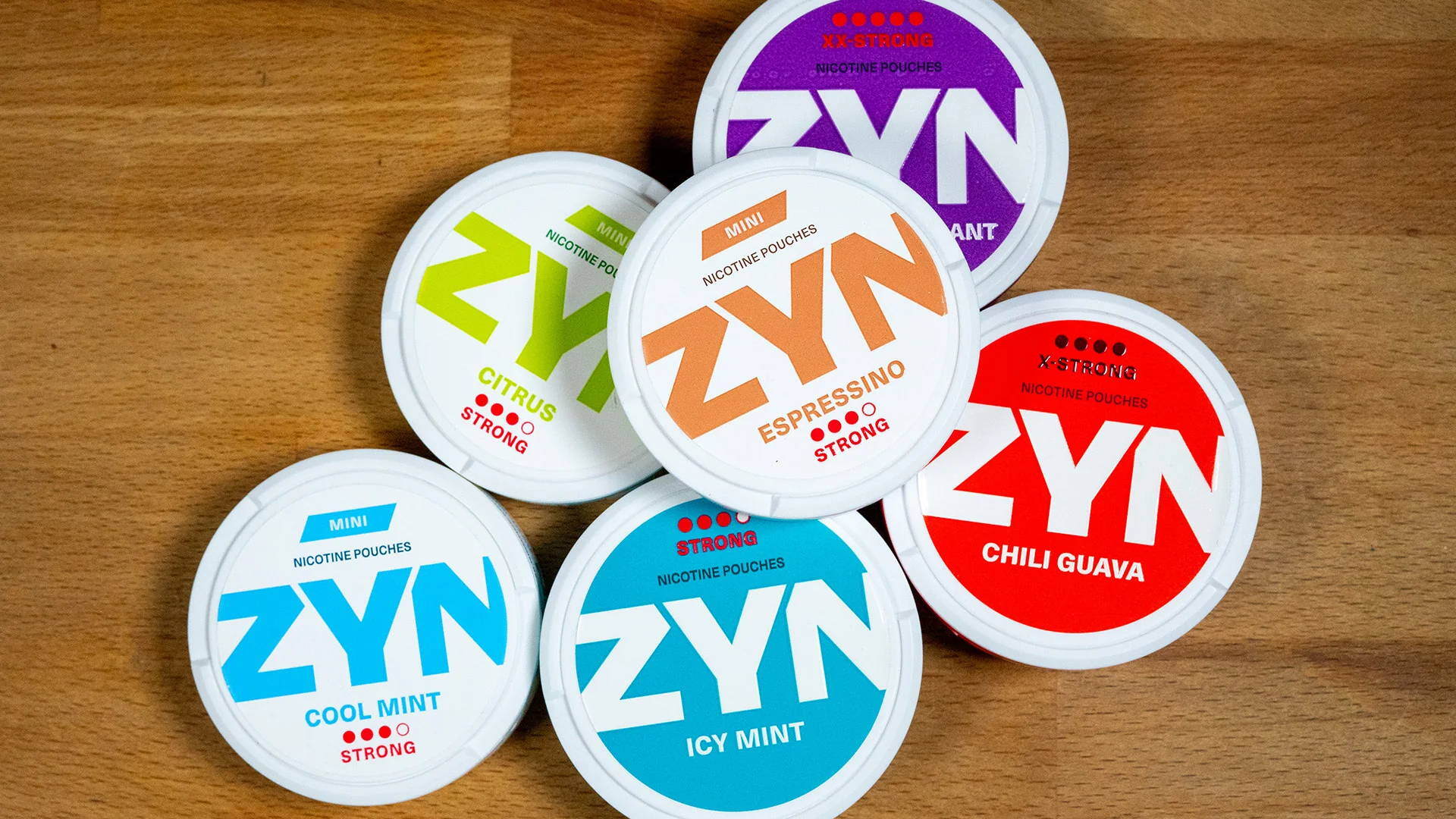When FDA deployed the “fatal flaw” concept during ENDS PMTA reviews, it was seen by many as a subjective screen built on guidance rather than regulation. Under section IV.D of the ENDS guidance,...
The FDA’s Authorisation of Zyn: A Robust PMTA in a Changing Landscape
Nicotine

Feb 6, 2025 | Published by Chris Allen
Nicotine
On January 16, 2025, the FDA granted marketing authorisation for Swedish Match’s Zyn nicotine pouches, marking a significant regulatory milestone for the modern oral nicotine market. Given the rapid expansion of this category, many companies may see this decision as a blueprint for their own Premarket Tobacco Applications (PMTAs). However, a closer look at the FDA’s review and the evolving regulatory landscape suggests that future applicants should not expect a straightforward path to authorisation.
The Zyn TPL review offers many discipline-specific learnings, but a closer look at the review process highlights two key takeaways that future applicants should keep in mind.
Key Takeaways
- The Zyn PMTA was highly robust, ensuring a smooth review process.
- Future nicotine pouch PMTAs will likely face heightened scrutiny, as the FDA adapts its approach based on market trends and emerging evidence.
Swedish Match's Zyn PMTA Was Built for Success
One of the most striking aspects of the FDA’s review is that several scientific disciplines (including Chemistry, Microbiology and Toxicology) required only a single review cycle. This indicates that Zyn’s original submission was exceptionally strong, addressing key scientific and regulatory concerns from the outset. The TPL review indicated that for these disciplines “Second cycle review was not necessary because there was no new information or data to review for this discipline as they do not have deficiencies nor do later amendments have data related to that discipline”.
Additionally, the FDA noted that amendments submitted by Swedish Match did not materially affect the review. This suggests that the initial submission was already comprehensive and pre-emptively addressed regulatory expectations.
“The October 12, 2023 amendment notifies the Agency of revised study reports, literature searches, organised references, and health risk investigations and summary. The December 21, 2023 amendment notified the Agency of updated literature searches as well as provides the 2024 marketing programme. As TPL, I determined that the October 12, 2023 amendment does not impact the discipline reviews because the amendment did not provide any new substantive scientific information...”
A key factor in Zyn’s success was that, at the time of its review, nicotine pouches were not considered a significant youth access concern. As a result, the FDA did not require as robust evidence to justify the benefits of non-tobacco flavours for adult tobacco users.
However, future PMTA applicants should not assume that following Zyn’s model will guarantee success.
The Market May Change—And the Regulatory Bar May Rise
Since Zyn’s original review, the nicotine pouch market has expanded rapidly. With this growth comes increased regulatory scrutiny, particularly regarding:
- Youth access concerns
- Illicitly marketed nicotine pouches with higher nicotine strengths and youth-appealing flavours
- Marketing strategies (e.g., social media and influencer marketing) that may draw regulatory attention
The FDA has a history of adapting its approach based on market evolution, as seen with ENDS (e-cigarettes). Initially, PMTA applications tended to focus on a 1:1 comparison versus combustible cigarettes to address the relative toxicological concerns, including:
- Harmful and potentially harmful constituents (HPHCs)
- Biomarkers of exposure
- In vitro toxicological assays
However, over time, the agency’s evaluations evolved to recognise the unique health risks that these products may exhibit. Today, ENDS applicants are expected to go beyond whole product analysis and provide a more methodical approach to toxicological assessments using excess lifetime cancer risk (ELCR) calculations, evaluating and combining the toxicological risk of each constituent the consumer is exposed to. The FDA memorandum, posted in June 2024, highlighted this shift in approach.
“CTP toxicology reviewers have previously considered that the cancer risk of certain constituents associated with a new ENDS could be qualitatively discounted... However, through reviewing PMTAs, CTP found that HPHCs produced as a result of aerosolization were not the sole contributors of potential cancer risk in ENDS.”
It is likely that the FDA will take a similar approach with nicotine pouches, meaning that what worked for Swedish Match in 2020 may not be sufficient for new products in 2025 and beyond.
The Takeaway: The Authorization of Zyn Does Not Create a Template for Guaranteed Success
The Zyn authorisation is an important milestone, but it does not indicate an easier pathway for future nicotine pouch PMTAs. Companies must be prepared for:
- Stricter scientific requirements
- A greater evidentiary burden to demonstrate net public health benefit
- More extensive toxicological assessments
Simply mirroring Zyn’s approach will likely be insufficient—future applications must be built for a more complex and demanding FDA review process.
What Should Companies Do Next?
The message for companies planning a PMTA is clear: investing in strong science, consumer studies, and regulatory strategy will be essential. Simply mirroring Zyn’s approach is unlikely to be enough—future applications must be built for a more complex and demanding FDA review process.
That being said, there are critical elements that can be learned from the Zyn Marketing Granted Order. These insights can help shape a strong regulatory strategy. Over the coming weeks, we’ll be sharing further perspectives on what the Zyn authorisation means for future PMTA applicants.
Need to understand the potential costs of your PMTA? Use our PMTA Price Estimation Tool to get an instant quote.
Want a clear breakdown of the FDA’s PMTA process? Download our free PMTA strategy guide here.
Looking for expert guidance? Contact us today to discuss how to optimise your pathway to the US market.
Final Thoughts
The FDA’s authorisation of Zyn provides useful insights, but it is not a one-size-fits-all roadmap for future nicotine pouch PMTAs. Companies must be ready for a more demanding regulatory environment with stricter requirements for scientific evidence, toxicological risk assessment, and youth access mitigation.
Over the coming weeks, we’ll be sharing more insights from the Zyn authorisation and what it means for future PMTA applicants. Subscribe to our newsletter below or follow us on LinkedIn to stay updated.
Sources: 🔗 TPL Review of Swedish Match USA Zyn PMTA
🔗 FDA Memorandum - Calculating Excess Lifetime Cancer Risk in ENDS Premarket Tobacco Product Applications

